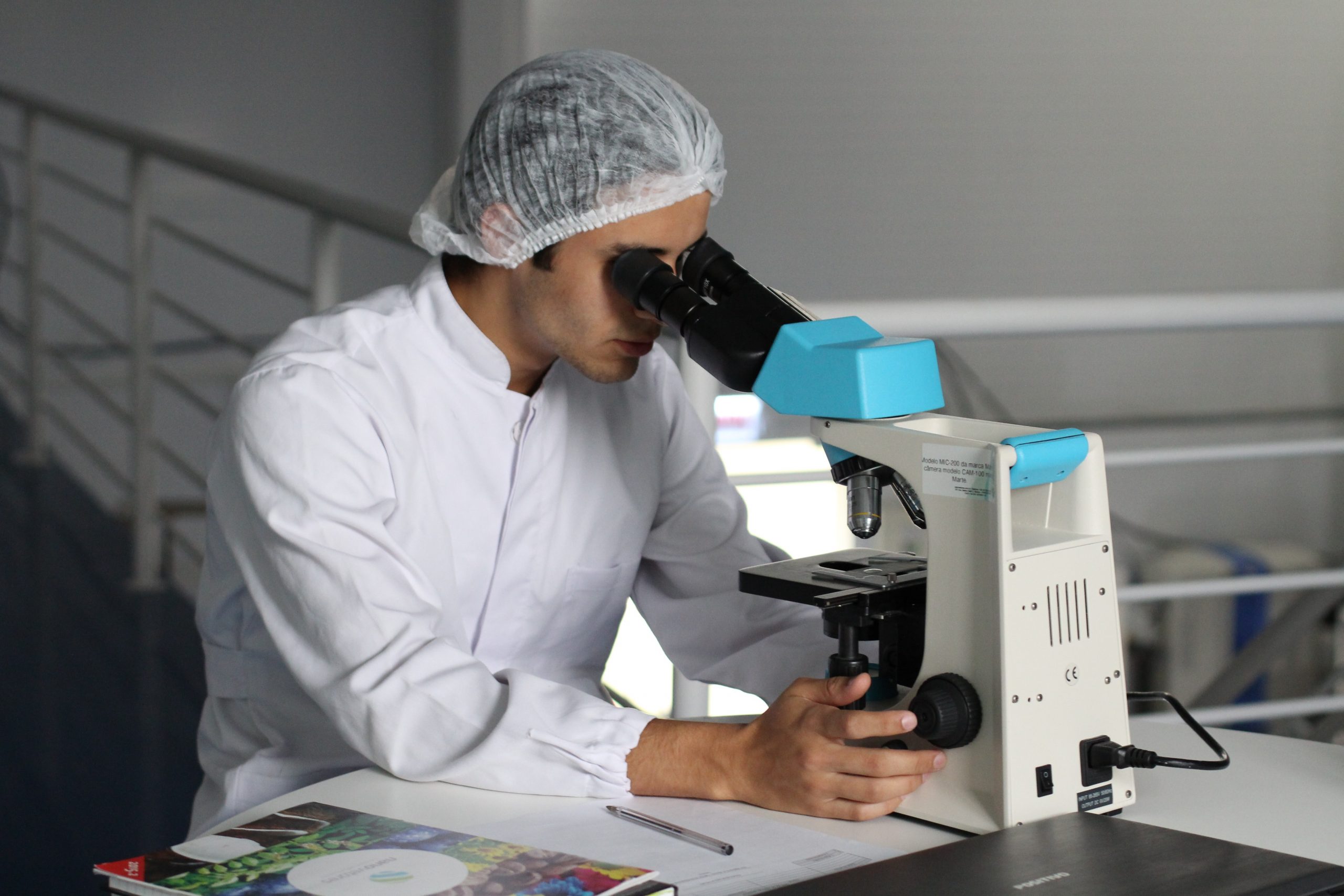
"We have set a target for Hungary to be among the top ten innovators in Europe by 2030," State Secretary Balázs Hankó says.Continue reading

Hungarian creativity is the key to the country’s future, Balázs Hankó, Secretary of State for Innovation and Higher Education at the Ministry of Culture and Innovation, said on Wednesday.
Describing the amendments to the law promoting innovation that have been voted in favor of in recent days, the State Secretary said that innovation creates socio-economic added value.
The aim is for Hungary to become one of the top ten most innovative countries in Europe by 2030, and one of the top 25 most innovative countries in the world.
To this end, a package of measures has been developed together with the Academy of Sciences to double the number of researchers and patents compared to 2010, and to increase the number of inventions in higher education by up to four times. Currently, a third of small and medium-sized enterprises (SMEs) innovate, and the goal is to increase this proportion by half.
Balázs Hankó said: “The key words of the innovation agenda are association, impact, and measurement, i.e. the links between research and the economy, the multiplication of innovations that have a socio-economic impact, and the monitoring and measurement of processes. The focused strategy of the nine-point package of measures identifies 3+1 strands: healthy living, digitization, green transition – including energy and agriculture – and security, safety and security.
An important element of the package is the internationalization of Hungarian research.
From September 1, the Eötvös Loránd Research Network will become the Hungarian Research Network, and the International Innovation Agency will be established.
The aim is to facilitate the patenting of an idea and its subsequent commercial exploitation and profit generation,” he said.
Hankó said on M1 news that the program, named after the 120-year-old mathematician János Neumann, one of the inventors of the computer, also aims to involve as many young people as possible in research and development.
Therefore, it will ensure a career path for researchers, reduce patent fees by 75 percent, allow patents to lead to a doctorate, and help SMEs to raise funds through the possibility of loans that can be converted into capital.
Science Innovation Parks will be set up where research, academia and industry can meet and collaborate. They will also support the creation of more university chairs in industry, concluded the Secretary of State.
Via MTI, Featured Photo via Pexels